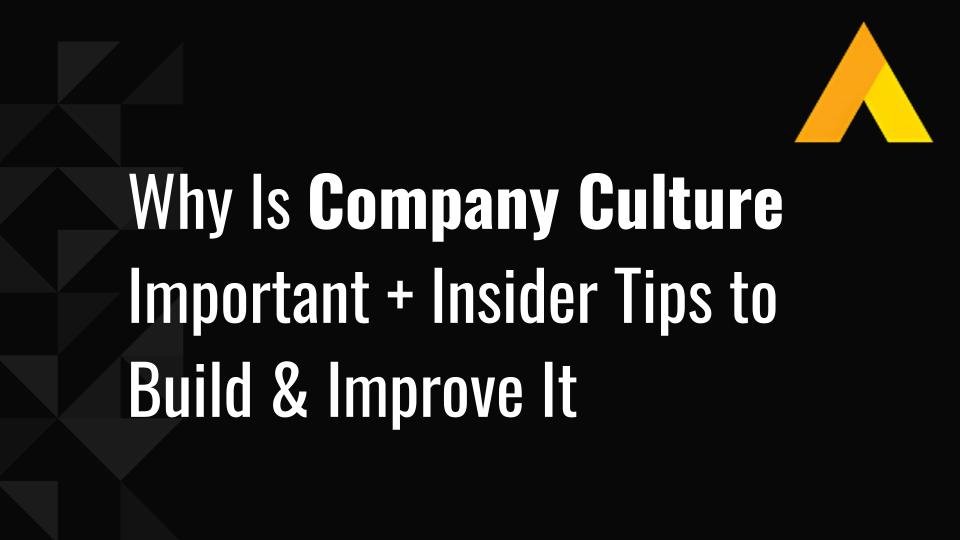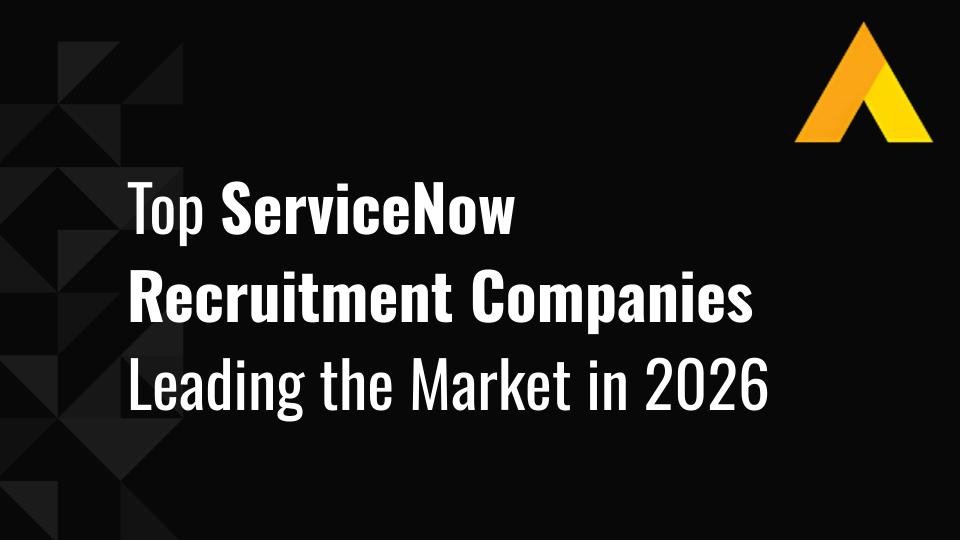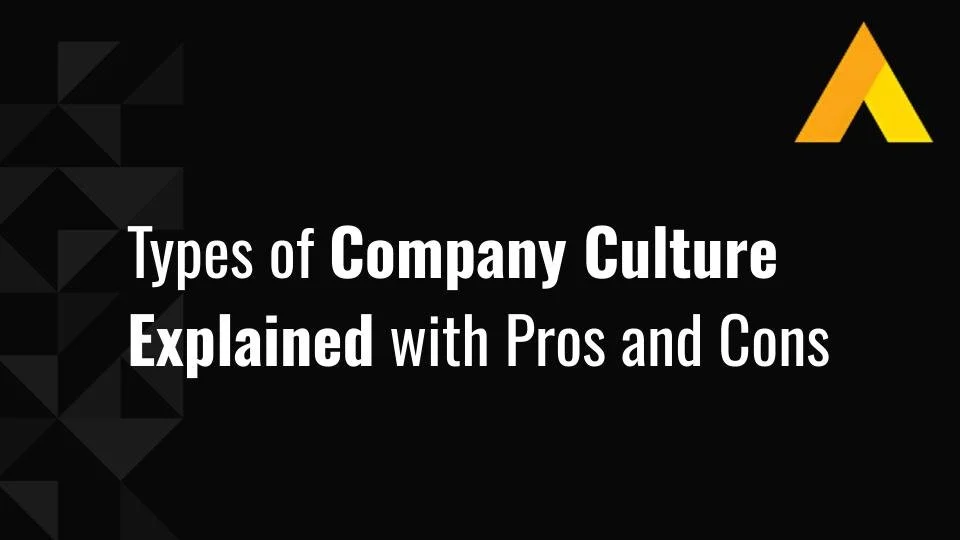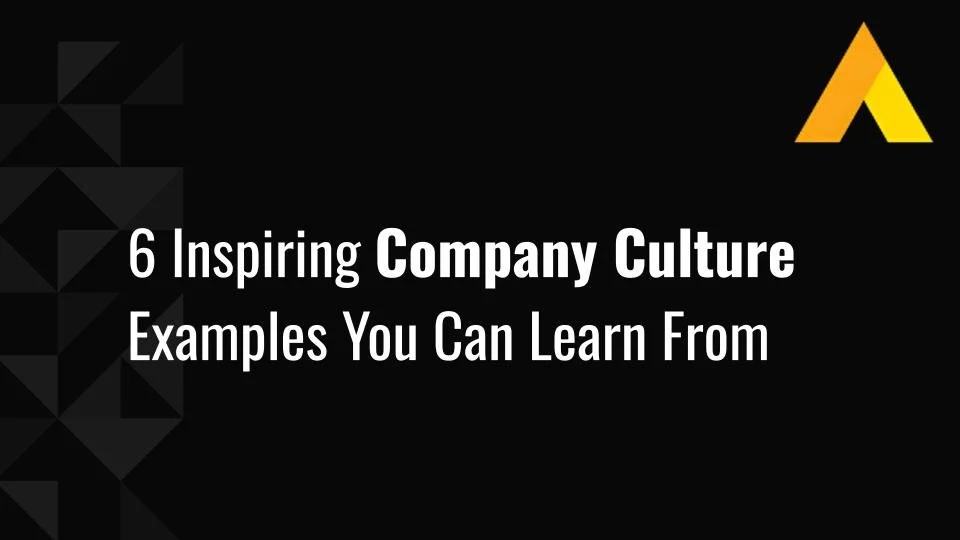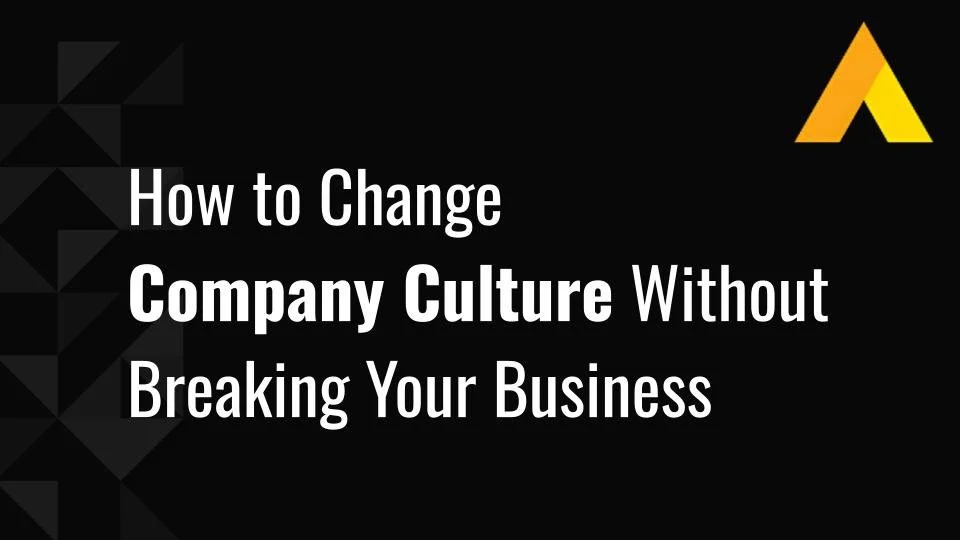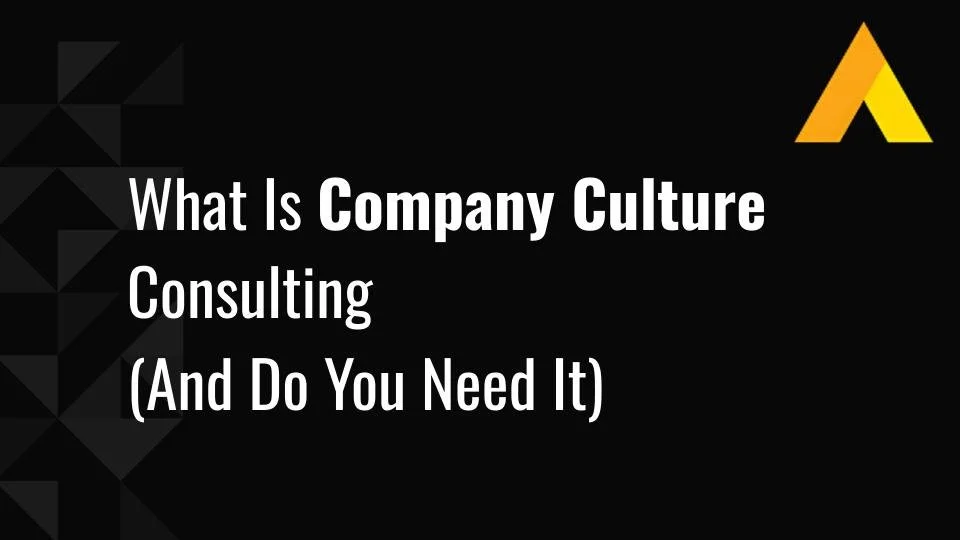Recruitment in Hospitality Industry: 10 Evergreen Strategies
In the hospitality industry, high turnover rates are a persistent challenge.
Recent data shows an annual turnover rate of approximately 74%, significantly exceeding the average 12-15% seen in other sectors.
This equates to replacing nearly three out of four employees each year, which highlights the fierce competition for talent and the constant struggle to build a stable workforce.
To address this, hospitality businesses must adopt continuous (evergreen) recruitment strategies to ensure a steady stream of qualified candidates.
This article outlines 10 actionable strategies that hospitality recruiters can implement to enhance their hiring process, attract high-quality candidates, and promote a positive work environment conducive to employee retention.
Let’s begin.
P.S: If you're looking to strengthen your recruitment strategy in the hospitality space, visit Alpha Apex Group. Our solutions and strategies are designed to support smarter hiring and long-term talent success. Contact us today!
What Is Hospitality Recruiting and Why Is It Important?
Hospitality recruiting is the process of sourcing and engaging candidates for roles in hotels, restaurants, and other hospitality businesses.
This sector employs about 3% of the global workforce, which shows its significant economic impact.
Effective recruitment in hospitality is crucial due to the industry's high turnover rates.
For instance, in the United States alone, the hospitality sector experienced an attrition rate of 86.3% in 2021. Such high turnover emphasizes the need for continuous recruitment efforts to maintain service quality and operational efficiency
Moreover, the hospitality industry is poised for growth.
Projections indicate that the sector will add approximately 822,700 jobs between 2023 and 2033. This anticipated growth further emphasizes the importance of robust recruitment strategies to meet increasing demand and sustain high standards of service.
Now that you know why hospitality recruiting matters, let’s look at challenges employers face in the process:
What Are the Challenges of Hospitality Recruitment?
The hospitality industry faces significant recruitment challenges, with 30% of businesses reporting increased difficulty filling vacancies, more than double the average across all industries.
High turnover rates, demanding work conditions, and a shortage of skilled workers exacerbate staffing shortages.
In addition, seasonal demand, irregular working hours, and intense competition for talent make it even harder to maintain a stable workforce.
Many roles require a unique blend of technical skills and emotional intelligence, which can be tough to find.
“As our new State of Hospitality Staffing report shows, staffing is one of the top concerns for hospitality businesses in 2023, just as it was in 2022. But this year, it’s almost neck-and-neck with rising prices from suppliers. And when it comes to recruiting, inflation is also part of the challenge. So it’s no surprise that 52% of the hospitality businesses we surveyed said they had raised pay to attract and retain staff last year.” - Daniel Altman, Former Forbes Councils Member.
Addressing these issues requires strategic recruitment processes and a positive workplace culture to attract and retain top talent.
That brings us to the next point:
10 Evergreen Recruitment Strategies for the Hospitality Industry
Let’s dive into the evergreen recruitment strategies that drive success:
Strategy 1: Build a Strong Employer Brand
To establish a compelling employer brand in the hospitality sector, highlight your company's culture, benefits, and career advancement opportunities.
Use employee testimonials, behind-the-scenes videos, and social proof to effectively communicate the organization's values to potential candidates.
Notably, nearly 30% of new hires depart within the first 90 days, with 32% citing misaligned company culture as a primary reason.
On the flip side, 88% of job seekers consider a company's employer brand before applying for a job, which makes it a critical part of your hiring strategy.
Pro tip: Actively engage current employees as brand ambassadors. Their real stories and experiences build trust and offer potential hires a genuine view into your workplace.
Strategy 2: Leverage Technology & Automation
You can streamline your recruitment process by integrating tools like Applicant Tracking Systems (ATS) and automation platforms that reduce manual tasks and speed up screening.
Solutions like Hireology and TalentReef are tailored for the hospitality sector. They offer features that address industry-specific needs like shift scheduling, role-based filtering, and location-based job posting.
Additionally, AI-powered tools can improve efficiency by automating repetitive tasks and improving candidate matching.
67% of hiring professionals and recruiters report that AI saves them time during the hiring process.
Pro tip: Ensure that the technology complements human judgment rather than replacing it, particularly for roles that rely on soft skills, personality, and emotional intelligence.
Strategy 3: Optimize Job Descriptions & Career Pages
Make sure your job descriptions are clear, concise, and highlight key responsibilities along with opportunities for growth.
A well-crafted job description should be between 300-800 words to strike the right balance between detail and readability.
Also, ensure to optimize your career pages for mobile devices, as 89% of job seekers consider mobile devices key in their job-hunting process.
Pro tip: Use SEO best practices by integrating relevant keywords that potential candidates are likely to search for. This helps you improve visibility on digital platforms and search engines.
Strategy 4: Implement Robust Employee Referral Programs
Establish a structured employee referral program that incentivizes staff to recommend qualified candidates from their networks.
Offer rewards such as monetary bonuses, extra vacation time, or other perks for successful hires.
Assess the program's effectiveness regularly by tracking metrics like referral quality, hire, and retention rates. Adjust incentives as needed to keep participation high and outcomes strong.
For example, Marriott International uses employee referrals as part of its recruitment strategy. Through initiatives that emphasize internal advocacy and recognition, Marriott encourages team members to refer candidates who align with the company’s values.
“We believe that everyone at Marriott should be and is involved in attracting talent to the company,” said Kristy Godbold, a spokesperson for Marriott’s human resources department. “Employee referrals have always been and continue to be primary sources of external hires.”
Marriott’s #PictureYourselfHere campaign shows its employees in their everyday roles to give potential job applicants an authentic glimpse into the work environment and why Marriott could be the right fit for them.
Pro tip: To increase long-term impact, tie referral rewards to retention milestones (e.g. payouts after 90 days or 6 months) to focus on hiring candidates who stay and contribute long term.
Strategy 5: Develop a Candidate Relationship Management (CRM) System
Implement a Candidate Relationship Management (CRM) system to build and maintain connections with potential hires.
Begin by creating a comprehensive database of passive candidates. This will allow you to quickly match them with future job openings.
Then engage this talent pool through personalized communications, such as newsletters, updates, and event invitations, to keep your organization top-of-mind.
As noted by Qualtrics:
A good CRM system will be able to help you at each stage: discover, attract, engage, hire and nurture.
Pro tip: Segment your CRM database by skill sets, location, and availability to tailor outreach efforts and speed up the hiring process when new roles arise.
Strategy 6: Use Social Media & Digital Marketing
To enhance your hospitality recruitment efforts, actively engage with potential candidates on social media platforms such as LinkedIn, Facebook, TikTok and Instagram.
Regularly post content that reflects your company culture, showcases employee experiences, and highlights available positions.
Here is a good example:
This approach is effective, as 84% of organizations currently use social media for recruitment, with an additional 9% planning to adopt it.
Pro tip: Use paid social ads with audience targeting based on location, job title, and interests to attract qualified candidates who may not be actively job hunting.
Strategy 7: Build Partnerships & Networking
Collaborate with educational institutions to establish internship pipelines and entry-level hiring channels.
Such partnerships provide students with practical experience while offering you access to emerging talent.
For example, EHL, a leading hospitality school, has successfully partnered with major brands like Marriott International and Hilton to facilitate a seamless transition from education to employment.
Additionally, participate in or host industry events, career fairs, and networking sessions to build direct relationships with potential hires and industry peers.
Pro tip: Create long-term agreements with hospitality programs to co-design curriculum modules that match your staffing needs. This ensures a consistent flow of job-ready graduates who understand your brand from day one.
Strategy 8: Prioritize Diversity
Focus on attracting candidates with diverse skill sets and backgrounds by using targeted outreach campaigns that go beyond traditional channels.
Revise job postings to ensure they are inclusive and free from biased language to resonate with a broader pool of applicants.
Research indicates that 87% of the time, diverse teams make better decisions. Thanks to varied expertise and ways of thinking that drive innovation and performance.
Pro tip: Incorporate blind recruitment practices to evaluate candidates solely on their skills, experience, and potential. This helps remove unconscious bias and ensures you're hiring based on what truly matters: capability.
Strategy 9: Enhance Training & Onboarding Programs
Invest in structured onboarding and continuous training from day one.
Use role-specific modules, hands-on learning, and team integration exercises to reinforce expectations and build confidence.
A well-structured onboarding process can increase employee retention by up to 50%.
Implement ongoing training opportunities, such as leadership development and customer service workshops, to enhance skills and engagement.
Pro tip: Integrate mentorship programs into your onboarding to pair new hires with seasoned team members, support knowledge sharing, and build a sense of connection.
Strategy 10: Leverage Data-Driven Recruitment Analytics
Rely on data to guide decision-making.
Track metrics like time-to-hire, cost-per-hire, source effectiveness, and candidate engagement to identify where your strategy delivers results and where it falls short.
Here is a brief overview of key recruitment metrics:
Use this data to fine-tune sourcing methods, improve the candidate experience, and better allocate recruitment resources.
Pro tip: Integrate candidate and hiring manager feedback with your analytics to uncover subtle trends that pure metrics might miss. This allows you to adjust your tactics in real time.
Build a Stronger Workforce with Alpha Apex’s Expertise
Recruiting in hospitality means dealing with constant turnover, skill shortages, and fierce competition.
The goal is to make your hiring strategy smarter:
Start with your employer brand.
Streamline your operations with automation.
Optimize job descriptions and career pages
Leverage employee referrals.
Build a CRM.
Social media isn’t optional.
Invest in networking and partnerships.
Focus on skills-based, inclusive hiring.
Strong onboarding and training keep people longer.
And finally, use data and analytics to guide decisions.
Each of these 10 strategies leads to better hiring outcomes when applied consistently.
That’s how you attract and retain the talent that fuels long-term business success.
P.S.: If you're looking for expert support to put these strategies into action, reach out to Alpha Apex Group. We’ll help you recruit hospitality talent that stays. Contact us today to get started.
Frequently Asked Questions
What are the best recruitment strategies for hiring in the hospitality industry?
Use detailed job descriptions to target suitable candidates. Tap into passive candidates through professional networking sites. Offer flexible scheduling to attract reliable staff during peak times. Build an active referral program to access pre-vetted talent quickly.
How can hospitality businesses reduce employee turnover through evergreen recruitment?
Start with stronger candidate screening to find quality talent. Use efficient onboarding to set expectations early on. Offer continuous training in emotional intelligence and service excellence to support employee growth. Finally, enhance retention by offering meaningful benefits, such as mental health support or employee discounts to improve retention.
What role does employer branding play in attracting top talent in the hospitality sector?
Employer branding shows job seekers your workplace is worth their time. It highlights career development opportunities, a supportive culture, and inclusive values that help candidates envision a future with your organization. Tools like video interviews, social media posts, and employee stories build trust and authenticity. Strong branding attracts hospitality professionals who want real career opportunities.
How can technology improve the hiring process for hotels and restaurants?
Technology streamlines the hiring process by simplifying applications and enabling virtual interviews. Mobile-friendly forms increase application rates. Recruitment analytics help optimize sourcing strategies and identify what’s working. Automation keeps candidates engaged throughout the process and speeds up high-volume hiring without sacrificing quality.





